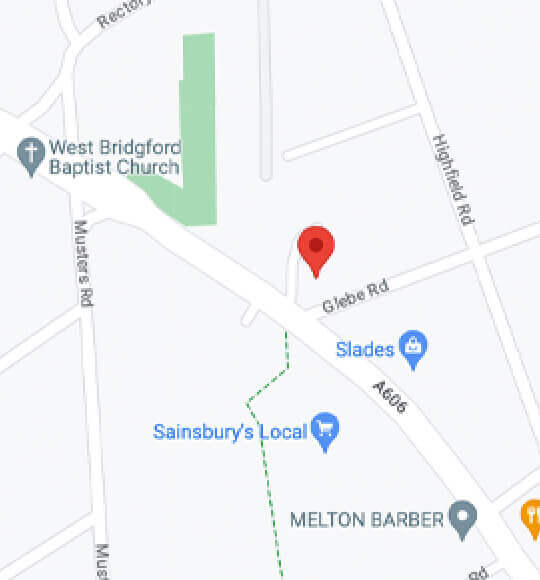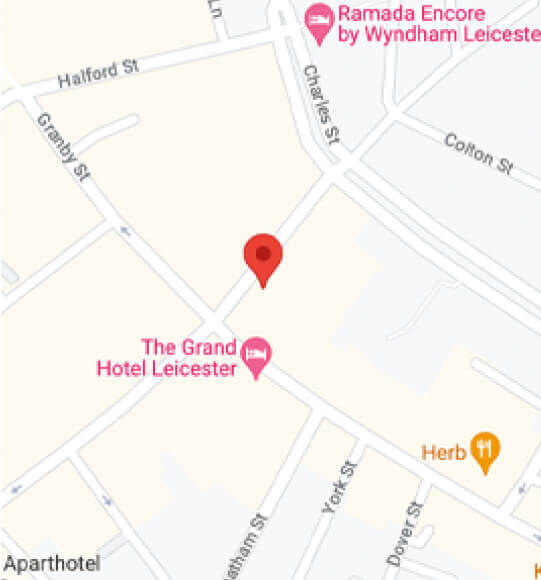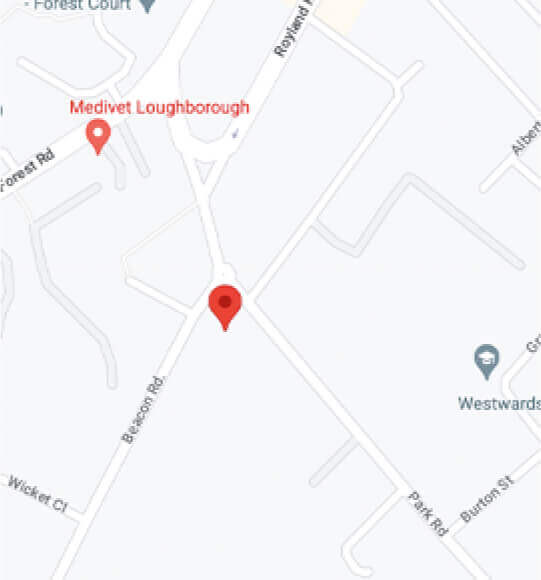From a young age, we’re all taught to brush our teeth. Keeping your teeth clean can help reduce the risks of tooth decay and gum disease, brighten your smile, and keep your breath fresh.
Although it’s a healthy habit that we should all maintain, it’s easy to cut corners or skip brushing occasionally. Over time, you might let your routine slip, and you could be making some basic mistakes that could damage your teeth.
So, what are the best ways to brush your teeth? What toothpaste is best? And, should you be using a specific type of brush?
Here are some essential tips to help you improve your brushing techniques.
1. Brush Your Teeth Twice a Day
Inside every mouth, there are countless bacteria. Some bacteria do good, while others feed on sugar and starch, creating acid that erodes the enamel surface of your teeth. Over the course of a day, these bacteria are very busy.
Everything we eat or drink adds up. Three meals a day, occasional snacks, and beverages provide lots of opportunities for the bacteria in your mouth to feed. As this happens, plaque is formed.
Brushing your teeth twice a day helps remove plaque and freshen your breath. During the night, bacteria multiply. Then, throughout the day, food debris and plaque builds up.
When you brush, ensure you’re thorough. Give every surface of your tooth a good clean—not just the fronts! Two minutes is roughly the right amount of time to spend brushing, as this will ensure you get right into the corners.
Use an interdental brush or floss to clean between your teeth. These areas are prone to buildups of food debris and bacteria.
2. Don’t Brush Straight After Acidic Food and Drink
It’s the age-old debate; do you brush before or after eating your breakfast? You might not want to sit down to your breakfast with a minty taste in your mouth, and logic dictates that brushing after means you’re cleaning away food debris from your first meal. But, it’s best to brush your teeth before you eat.
One simple explanation for this is that brushing your teeth immediately after can sometimes harm your enamel. If you’ve just enjoyed something acidic like orange juice or grapefruit, you’ll be brushing that acid firmly into your teeth, where it could cause damage.
3. Use Flouride Toothpaste
Flouride is a naturally occurring mineral. It’s added to tap water in the UK to improve dental health. When added to toothpaste, fluoride strengthens enamel and helps prevent cavities. When choosing a toothpaste, look for one that contains 1,350-1,500ppm of fluoride.
There are many kinds of toothpaste on the market, but fluoride levels are the most important thing to look for.
You may be inclined to choose a whitening toothpaste. Not only do these have minimal effect, they often contain abrasive particles that could weaken the enamel on your teeth.
4. Choose Your Toothbrush Wisely
When choosing a toothpaste, you might assume a hard bristle is best as it’ll give a more powerful clean. This isn’t the case. When buying a manual toothbrush, choose one with soft bristles, as they’re gentler on your teeth and gums.
Many people prefer electric toothbrushes as they clean well. However, much of this is down to personal preference.
Remember! Wash your toothbrush after use, and replace it every three months.
5. Don’t Rinse!
After you’ve brushed your teeth, you’ll be left with a mouthful of toothpaste. Spit this out, but don’t rinse. Swilling your mouth with water will wash away the fluoride, making the toothpaste less effective.
You shouldn’t use mouthwash straight after brushing, either. Mouthwash is useful for maintaining a healthy smile, but even if it contains fluoride, it can still rinse away the more beneficial fluoride from your toothpaste. Using mouthwash is not a substitute for brushing.
Caring for Your Smile at Dental Suite
At Dental Suite, our dentists and hygienists are here to help you maintain the best standard of oral health. Whether you’re here for a checkup or a professional clean, we’ll give you the support you need to look after your teeth and keep them looking great.
Call us today to book your appointment.







